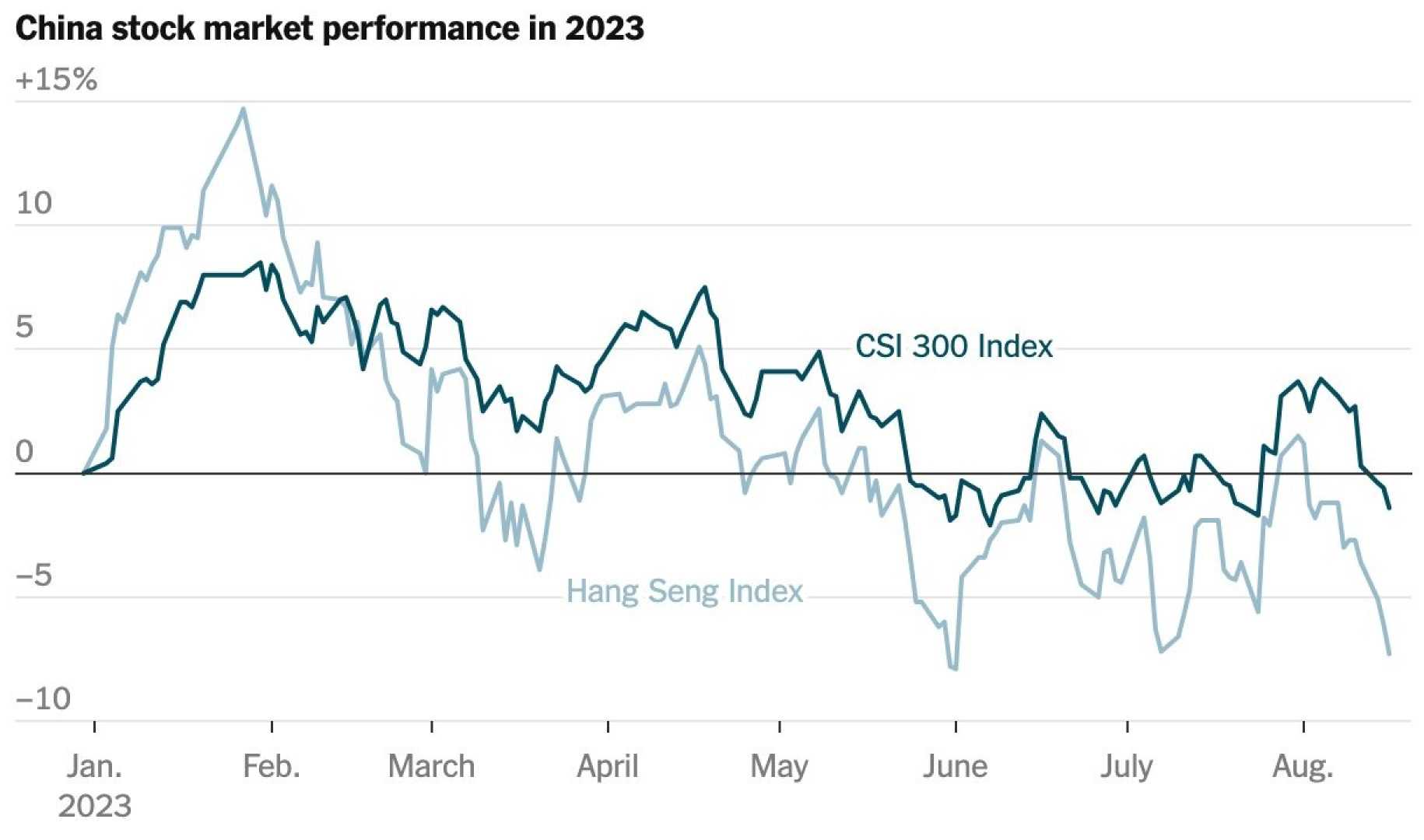Business
Asian Markets Rise as US Economic Uncertainty Persists

Tokyo, Japan — Asian equities were on the rise early Thursday, supported by gains in Japanese stocks following a quiet session on Wall Street where traders evaluated ongoing economic and geopolitical risks.
MSCI’s gauge of Asia-Pacific shares gained 0.3%, with Japan’s Topix index posting a positive performance, while Australian equities experienced a decline. In the U.S., contracts for stocks opened flat after the S&P 500 ended Wednesday without change. The Nasdaq 100 increased by 0.2%, bolstered by a record high in Nvidia Corp. shares.
Short-dated Treasuries rallied on Wednesday, leading to a four basis point drop in the two-year yield. In contrast, long-dated U.S. government debt remained stable. Thursday saw the dollar fall after early reports suggested that President Donald Trump might announce a new Federal Reserve Chair, just 11 months before Jerome Powell’s term concludes. This marked a continuation of a downward trend from the previous session, bringing the greenback near its three-year low.
Oil prices held firm following their largest two-day decline since 2022, as investors navigated uncertainty associated with a fragile ceasefire in the Middle East and the effects of U.S. tariffs on inflation. Oil market volatility persists, with Russia potentially considering an output increase at the next OPEC+ meeting. Comments by Trump regarding Iranian sanctions further fueled concerns.
During his Senate testimony, Powell remarked on the challenges that the Federal Reserve faces in gauging the inflationary impact of tariffs. Carol Schleif of BMO Private Wealth pointed out that without the uncertainty from fluctuating trade policies, the Fed might have instigated interest rate cuts this summer.
Trump announced that the U.S. would engage in talks with Iran next week, though he expressed skepticism about reaching a diplomatic resolution regarding Iran’s nuclear program, referencing the repercussions of American military actions. This statement coincided with the second day of a ceasefire between Israel and Iran, which had recently endured 12 days of conflict that could have escalated into wider regional turmoil.
Schleif noted that markets seem to reflect a belief that the worst of the Iran-Israel conflict may be over. She emphasized that factors like tariffs, trade, and inflation are currently more influential on stock performance than geopolitical tensions.
In Asia, Hong Kong’s monetary authority intervened to support the local dollar, maintaining the city’s currency peg to the U.S. dollar. Similarly, gold prices were relatively stable early Thursday after a slight increase of 0.3% the previous day, and Bitcoin hovered around $107,500.
Despite recent volatility, the S&P 500 remains close to its all-time high, and a global stock measure reached a new peak on Wednesday. Market investors are monitoring valuation levels, with some analysts noting that current gains may stretch market multiples. Matt Maley from Miller Tabak observed that market movements are rarely linear and suggested that a temporary pullback would not induce significant concern among investors.
Meanwhile, strategists from JPMorgan Chase & Co. are maintaining an optimistic outlook for the U.S. stock market, anticipating new record highs supported by resilient economic and consumer fundamentals. They argue that barring any political upheaval, the continued strength of technology and artificial intelligence sectors along with stable investment flows will likely drive markets upward.












